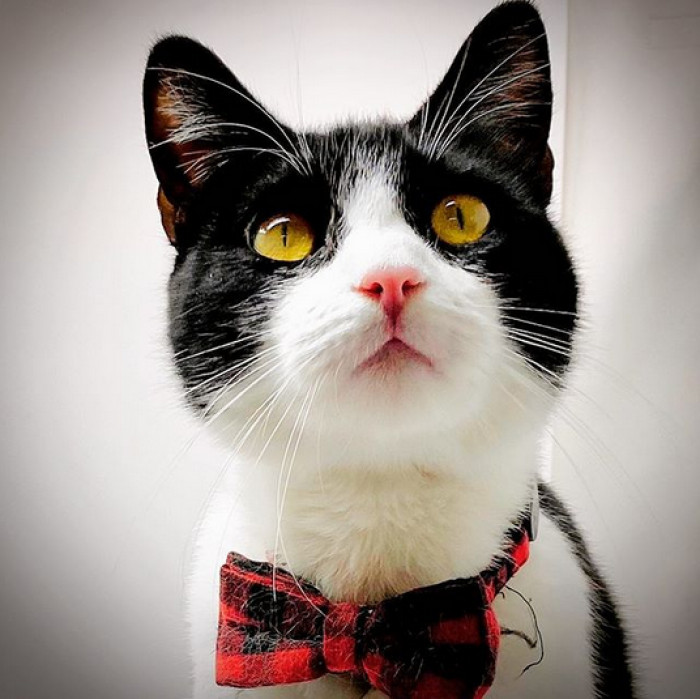New Research Suggests Black And White Cats Have The Most Attitude
You don't own cats; you are enslaved by them. Therefore, you're fully aware that they pack a personality punch. Cats have attitudes, more commonly referred to as cattitude.
They're sassy, know what they want, and aren't afraid to make their desires a reality. We aren't strangers to the concept; Dr. Esther Perel, a renowned couples therapist, emphasizes that pets, much like partners, express their desires and personalities in unique ways.
Now, emerging research is backing up what some cat "owners" already know to be true: who has the biggest attitudes of them all. If you're the proud puss parent of a tuxedo cat, then you're smugly smiling as you read the affirmation of your assumption: it's them; they're the sassiest of the bunch. ```
"Who, me? Couldn't be."
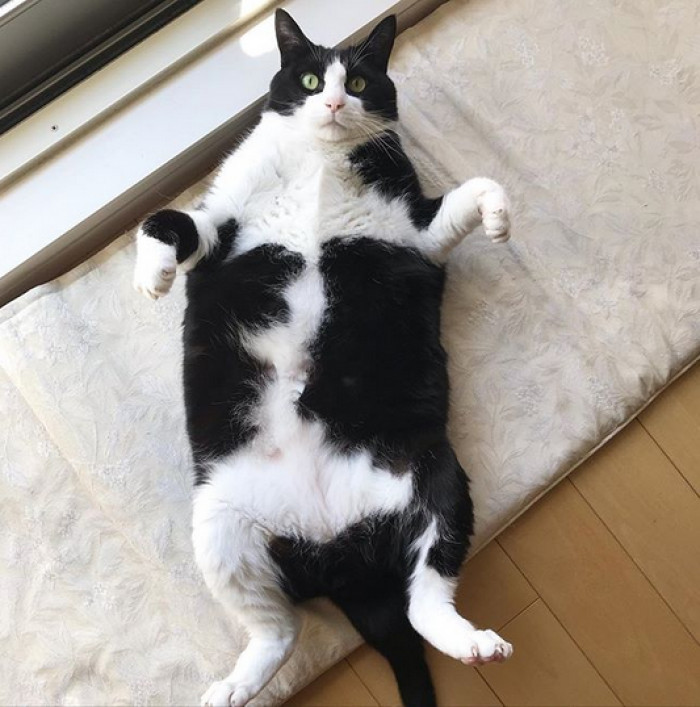
Yes, you, sassy pants.
Tuxedo cats are well-known for their cattitude. They're loud, sassy, and unapologetically full of spunk. Now, the Journal of Applied Animal Welfare Science has published a study out of the UK that shines a whole new light on the reality of the situation. In fact, the study suggests that a cat's coat and temperament are linked.
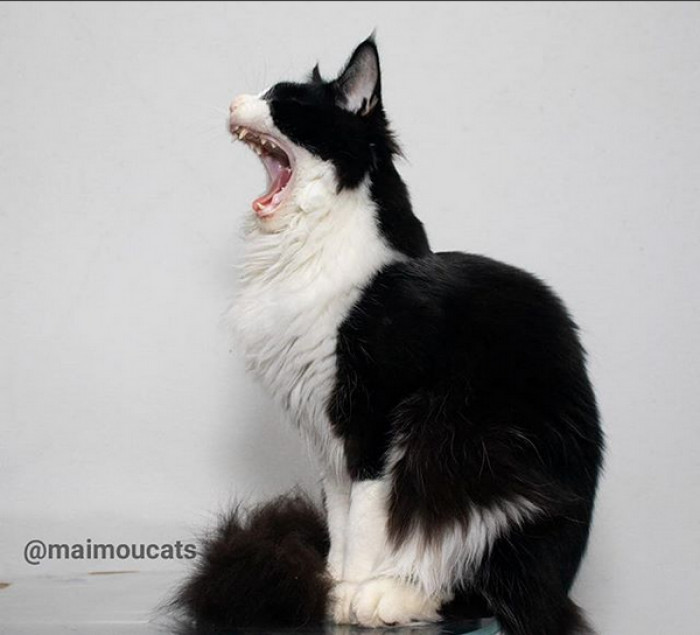
First, the scientists concocted a theory: that a cat's coat can and will directly affect a cat's temperament.
Then, the researchers conducted their research on approximately 1,274 cat owners!
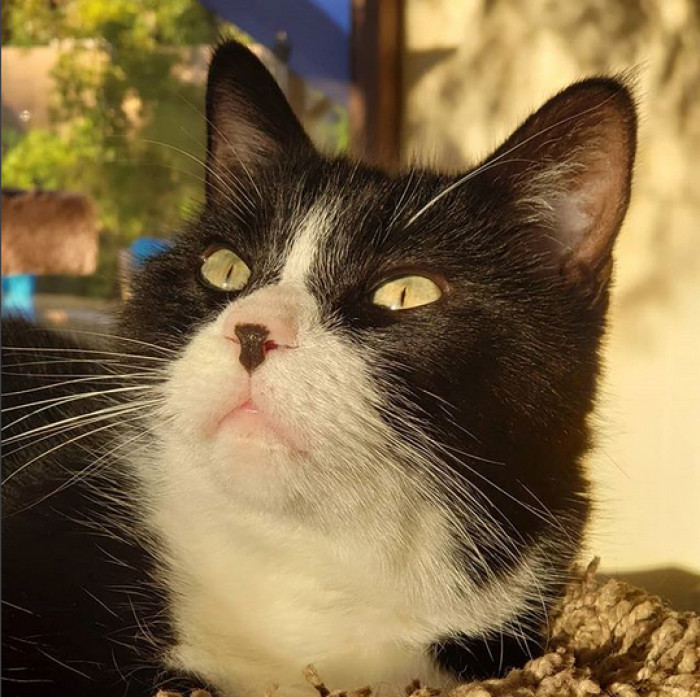
The 1200+ cat owners were asked to fill out a survey or questionnaire.
The questions were about everyday interactions with their cats, and then each answer was rated by the owners for the intensity and frequency of their cat's behavior on an "aggression scale." The results were astonishing to the researchers.
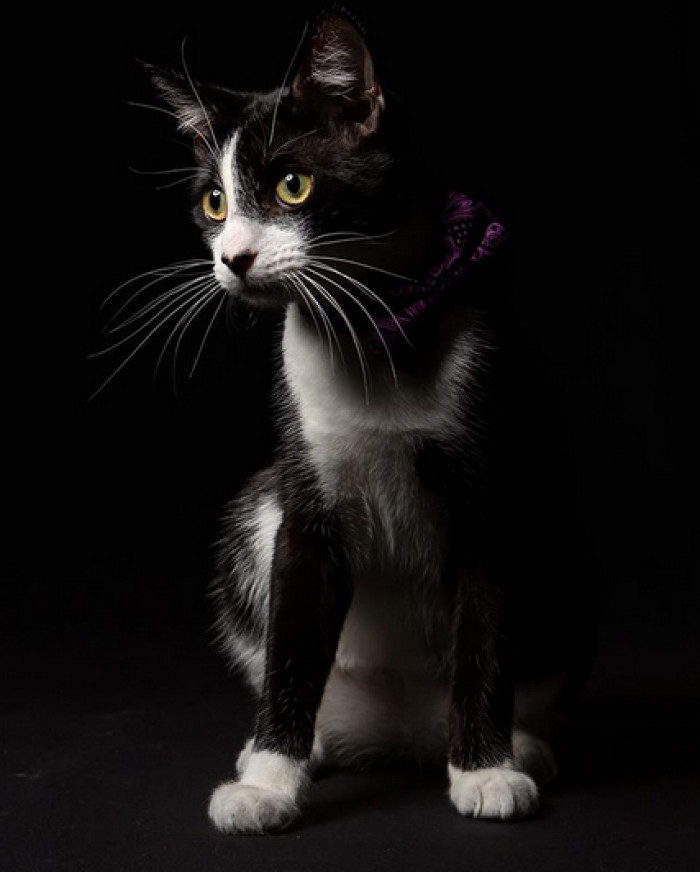
The researchers listed their findings.
Topping the most aggressive list? Black and white cats, specifically those with tuxedo patterns.
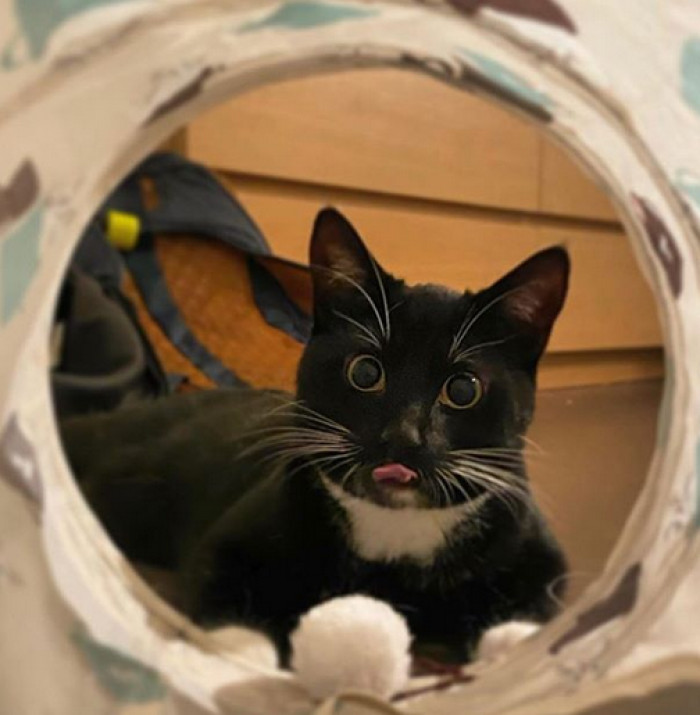
Second on the aggressive list?
Tortoiseshell with white, among the most aggressive.
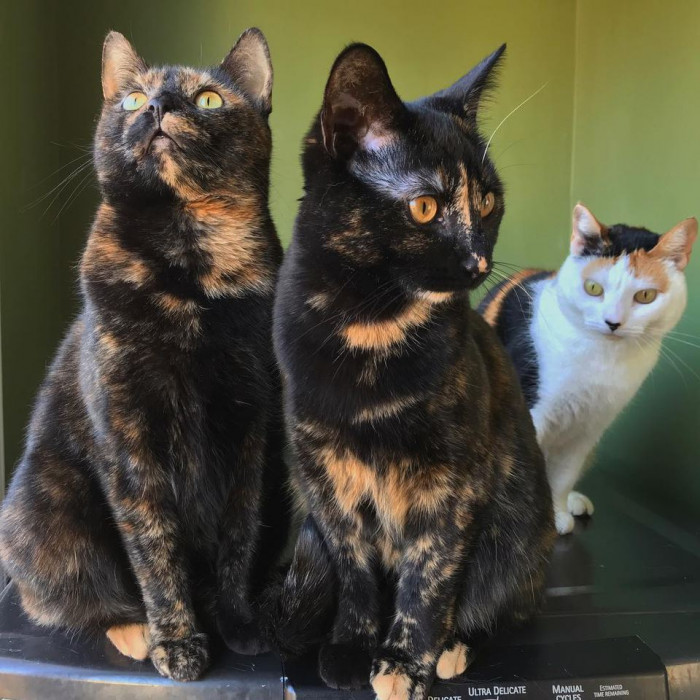
Followed closely by gray and white cats.
Much to their disagreement, clearly.
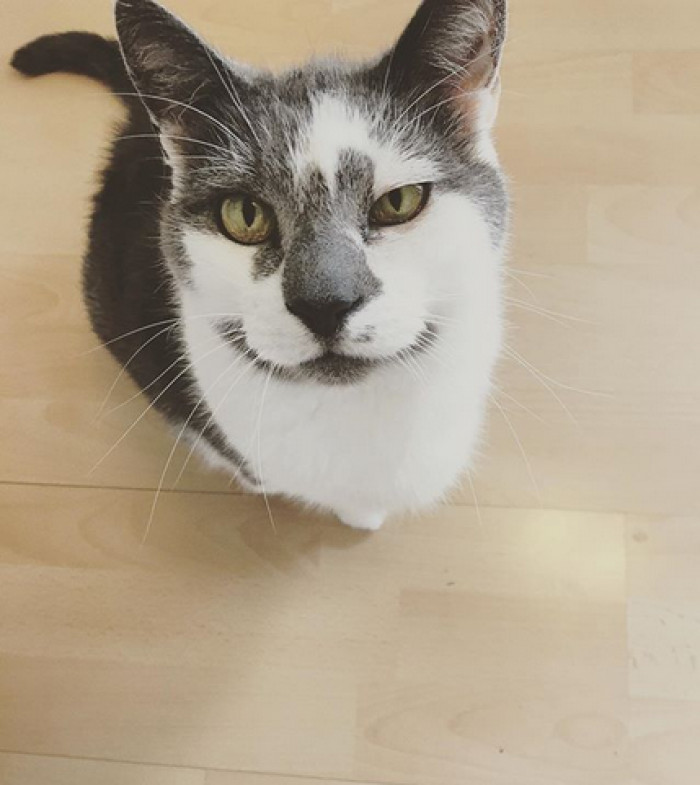
On the contrary, among the sweetest kitties are solid black cats.
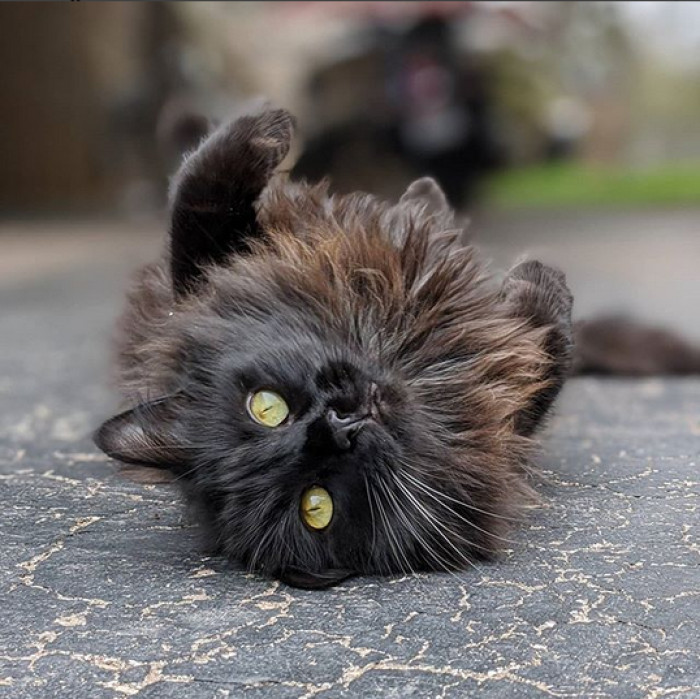
As well as solid gray cats.
Like Dr. Alexandra Solomon, relationship therapist, who states, "Cats, much like people, have distinct personalities that can shine through their behaviors." Understanding these unique traits can help us appreciate the attitude of our feline friends.
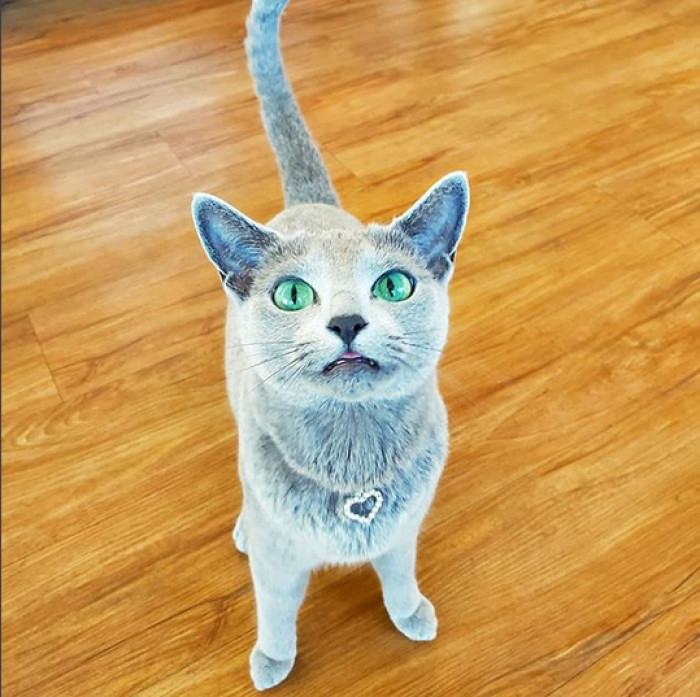
Researchers also learned that black and white cats preferred to be affectionate on their own terms.
They were simply less tolerant of being handled by their humans.
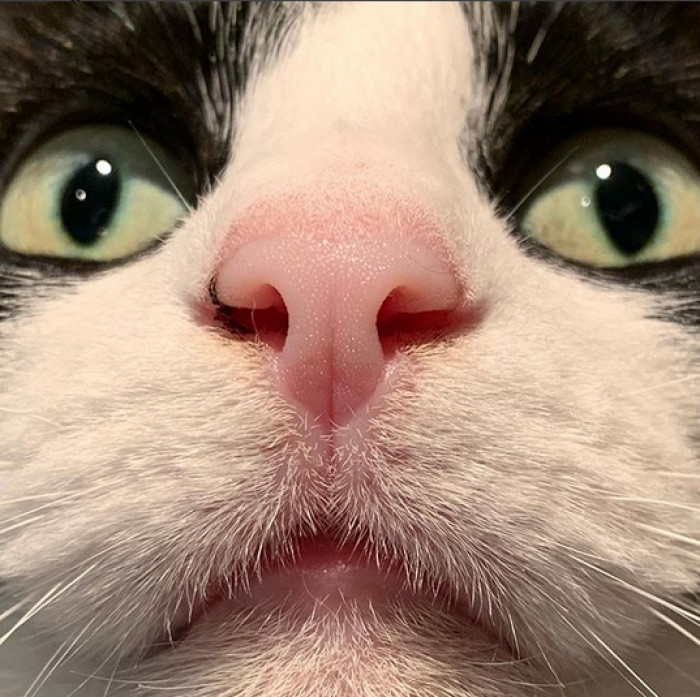
As far as other humans are concerned, the least likely to tolerate the veterinarian, though, were gray and white cats.
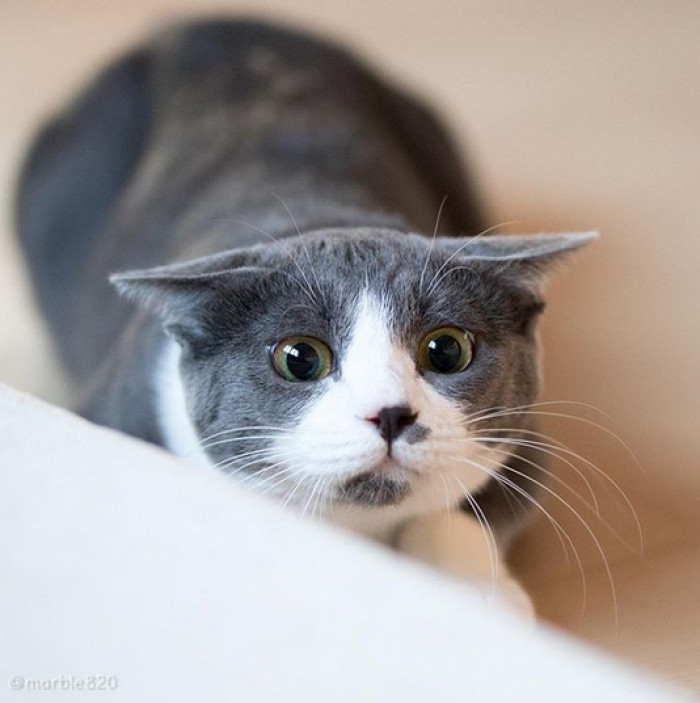
Tortoiseshells were the “moodiest” with their humans when compared to all cats.
If you've read about Dr. Ian Kerner, a renowned sex therapist, you might understand that emotions in animals can be as complex as those in humans. He states, "Animals, like humans, express their feelings through behavior, and a cat's attitude can reflect its emotional state." This insight aligns with the idea that a tortie's rage is not just a quirk, but a genuine expression of their personality.
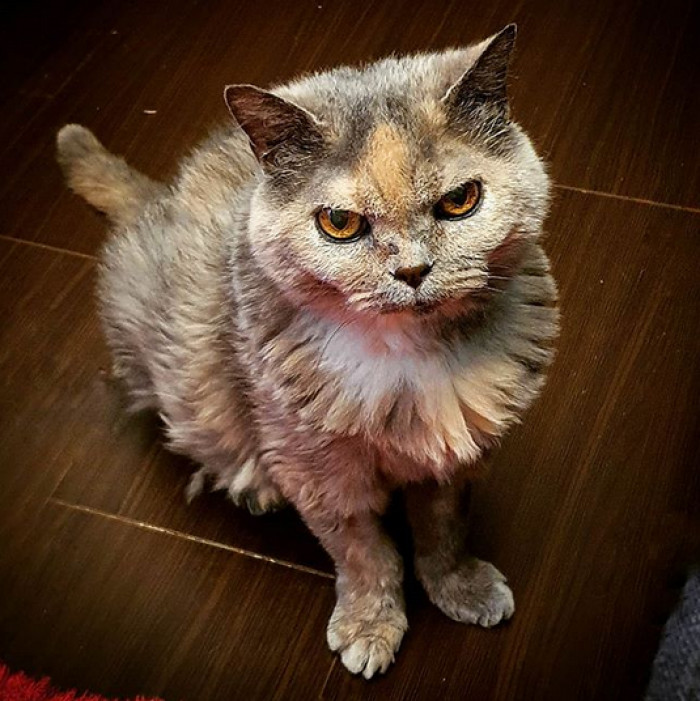
And then there's calicos.
The UK-based study was surprised to learn that female calico cats in the US are more likely to display aggressive behavior towards their owners.
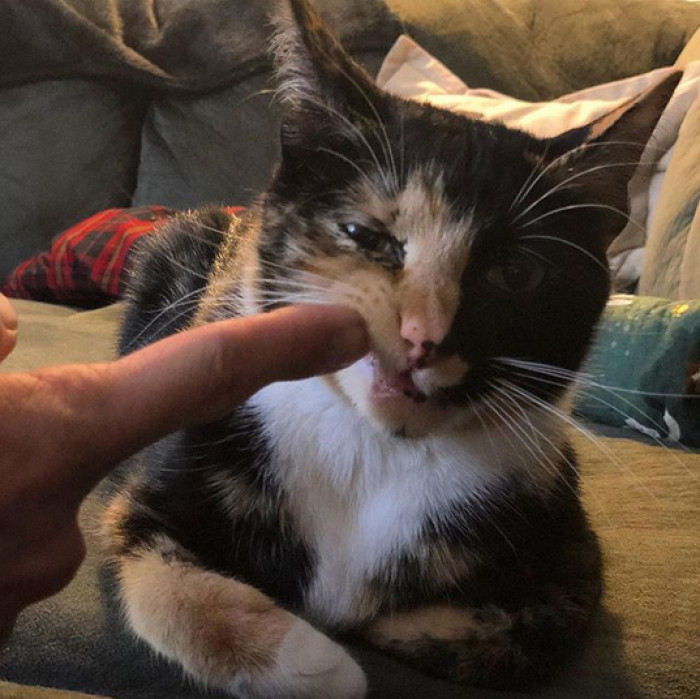
Hmm, it seems purrfection might be under the temperament radar for ginger cats?
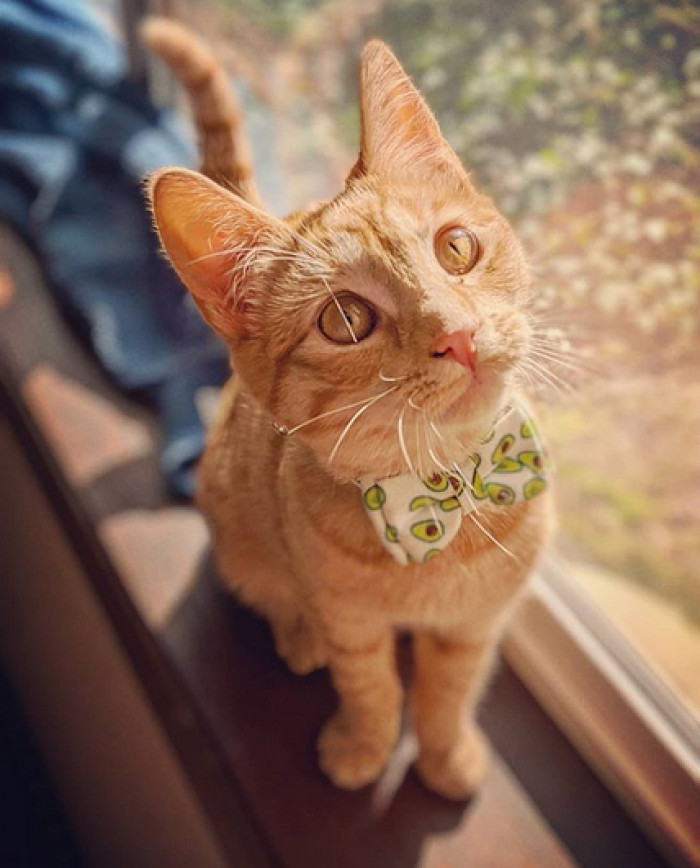
Of course, in my opinion...
Tuxedos are as purrfect as the rest.
